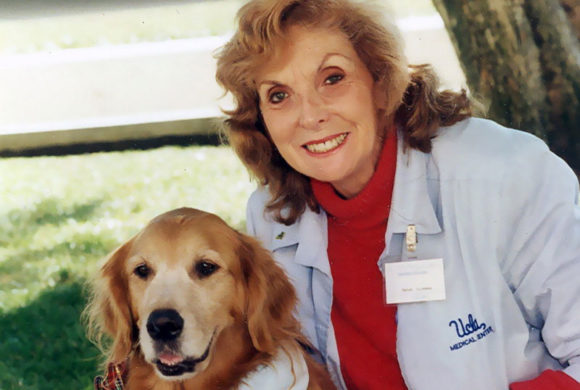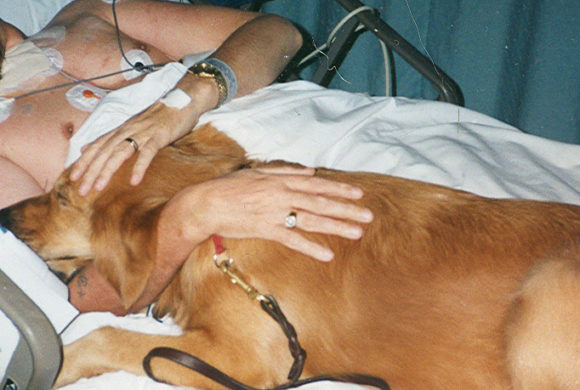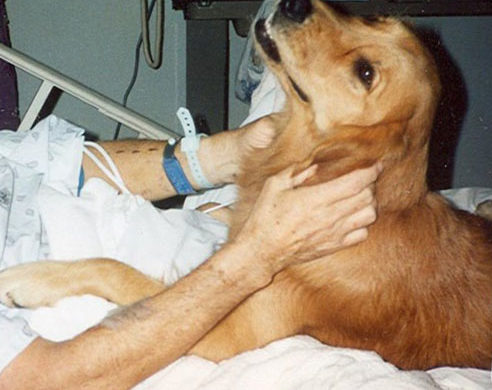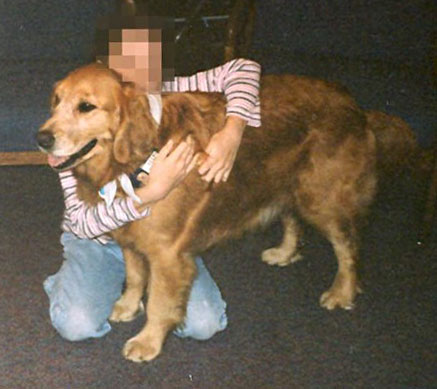“Marian Silverman is my safe harbor. She came into my life at a time when no one else understood the grief and sadness I was going through”
– Lyn (remembering Buddy)
When you lose a beloved animal companion, you may feel as if you are drowning in a “tsunami” of grief. What you need is a ‘safe harbor’, a place where suffering is acknowledged and not trivialized, a place of support and respect for all that you are going through.
In that safe harbor you can share the pain, the tears, the horrific hole in your heart with someone who “gets” it.
In this place of non-judgement, you can honor and remember your special bond with your pet, who may have been “the love of your life.”
And finally you can express the gratitudes that are necessary for healing.
Often your own family and friends don’t “get” that you are devastated. And if they do, they are so uncomfortable with your pain that they often say “get over it” or worse “get another one.” (Awareness May/June 2010,”Saying Goodbye”)
Adding to your pain, you may feel shame over the depth of your grief. This can be the loneliest time of your life. You may feel that you will never love anyone else at this level, and that no one understands your suffering. You may feel as if a piece of yourself has died.
Holly Go Lightly’s loving connection with humans was a gift I couldn’t ignore. She made direct eye contact and offered everyone a raised paw to hold in their hands. She was clearly a therapy dog. We became a working team at UCLA’s Neuro-Psychiatric Hospital; the first human-canine team in that facility. I worked as Consultant and Animal-Assisted Therapy(AAT) Specialist to the People-Animal Connection(PAC) Program where I trained volunteers in AAT skills, while Holly became the “demo” dog showing the human volunteers how it should be done with their own dogs.(See: Awareness May/June 2008 Take One Dog and Call Me in the Morning) Holly changed my life. With her as my partner, I combined my skills as Psychologist/Therapist/Counselor with my passion for animals.
Unexpectedly, I found myself counseling the volunteers in the program when it was time to say goodbye to their team mates. But the direction of my life was forever impacted with Holly’s early death(9 years old) and the intense grief I experienced over this loss. She had been my companion and working partner. She was my life-line. I felt lost without her.
I tell my clients that there is a “hidden gift” in their grief work. For me it was honoring and memorializing Holly by offering bereavement counseling to others in need of help. I discovered that by allowing myself to feel the pain, talk and write about Holly and my devastating sense of loss, I enriched my capacity for compassion. And so I return the gifts Holly brought to me and keep her healing spirit alive in doing this work.
My goal is to help each person that I counsel to find the “hidden gift” and experience the personal growth that comes from mourning this loss.
A client asks, “Will I ever get over this?” I tell her “No, but you will get through it, and you will be more whole than before.”





